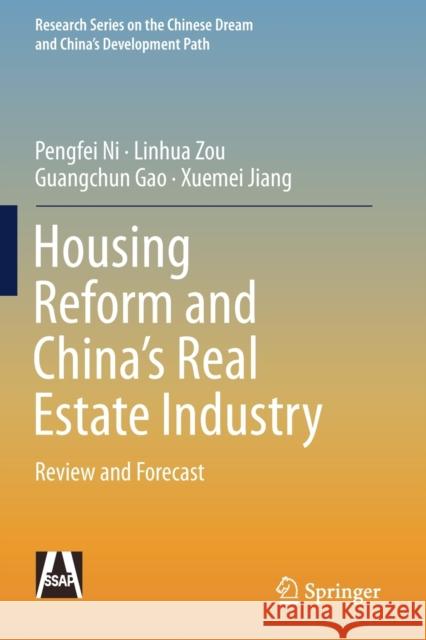topmenu
Wyniki wyszukiwania:
wyszukanych pozycji: 3
 |
The Great Dictionary of Marxism: Volume 1
ISBN: 9786054923700 / Angielski Termin realizacji zamówienia: ok. 16-18 dni roboczych. |
cena:
479,02 |
 |
The Great Dictionary of Marxism: Volume 2
ISBN: 9786054923717 / Angielski Termin realizacji zamówienia: ok. 16-18 dni roboczych. |
cena:
479,02 |
 |
Housing Reform and China's Real Estate Industry: Review and Forecast
ISBN: 9789811519581 / Angielski / Miękka / 2021 / 159 str. Termin realizacji zamówienia: ok. 16-18 dni roboczych. |
cena:
202,19 |










